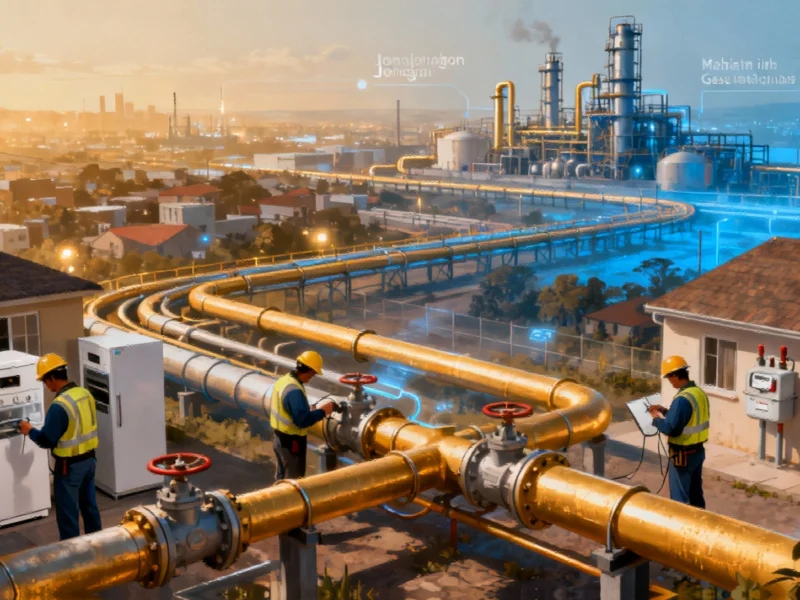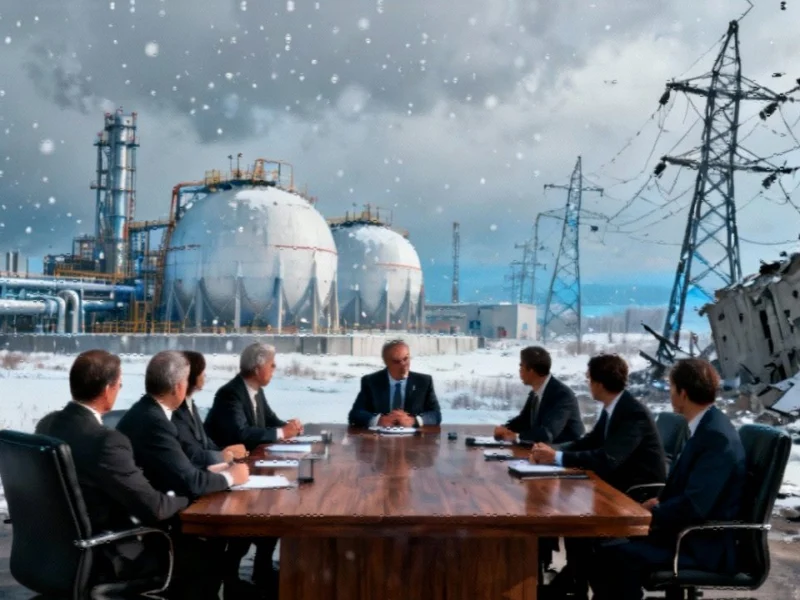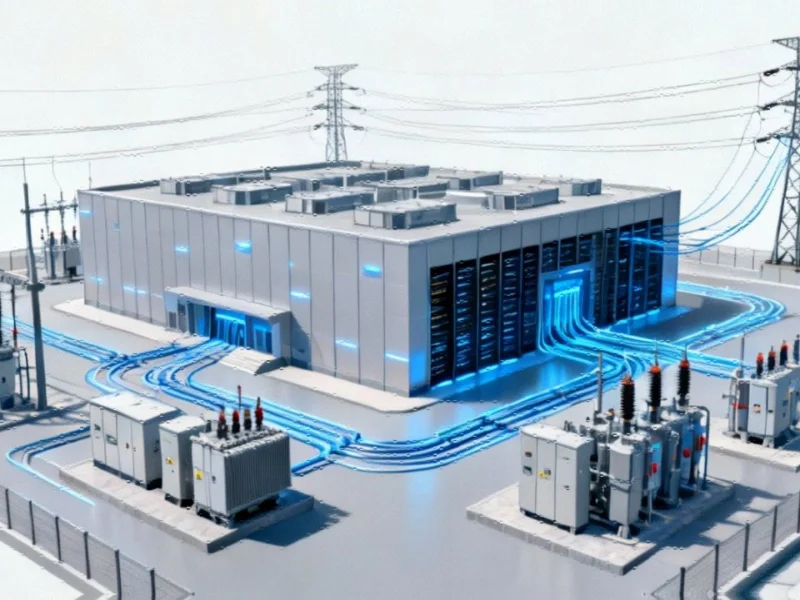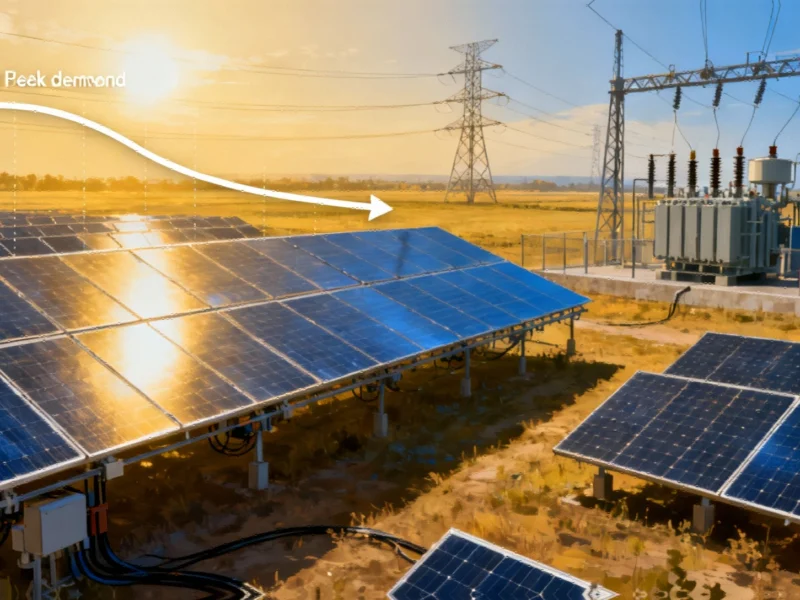Gas Network Transition Advances Johannesburg’s Energy Evolution
Natural gas provider Egoli Gas is reportedly collaborating with energy company Sasol to ensure a seamless transition to methane-rich gas (MRG) by 2028, marking what analysts suggest is a significant milestone in Johannesburg‘s energy landscape transformation. According to reports, the transition will require only minimal technical adjustments for most customers while maintaining supply continuity.
Customer-Focused Transition Strategy
“For Egoli Gas and our customers, it means continuity and reliability of supply. No disruption to supply is expected and only minimal technical adjustments will be required for end-users where applicable,” Erika Da Cruz, Egoli Gas GM, stated in recent communications. Sources indicate the company is applying lessons from Sasol’s successful MRG integration in KwaZulu-Natal and Mpumalanga, emphasizing early customer engagement and staged rollouts to reduce disruption.
The report states that Egoli Gas has already begun assessing customer installations to ensure MRG compatibility. Most domestic and commercial appliances reportedly won’t require modification, though technical support will be available where needed. For specialized industrial applications requiring high heat, some equipment adjustments may be necessary, with the company leveraging relationships with equipment manufacturers to provide assistance.
Infrastructure Preparedness and Regulatory Framework
According to company statements, the existing pipeline network is well-positioned for the transition, requiring only minor operational parameter adjustments. Pricing will continue to be regulated by the National Energy Regulator of South Africa and the City of Johannesburg, with market factors influencing energy costs while maintaining gas as a competitive option relative to alternative fuels.
“Our approach is to make this a managed, transparent transition so customers can plan with confidence,” Da Cruz elaborated. The transition reportedly strengthens supply security by ensuring gas availability until liquefied natural gas becomes accessible post-2030.
Hybrid Energy Solutions Gaining Momentum
While MRG represents a sustainable energy pathway, sources indicate that hybrid systems represent the future of South African energy. The combination of natural gas reliability with solar sustainability offers businesses and households secure, low-carbon energy supply that reduces grid dependence.
Analysts suggest these systems provide resilience against loadshedding, lower emissions, and generate long-term cost savings. Egoli Gas has implemented awareness campaigns across market segments informing customers about seamless gas-solar integration.
Commercial Success Stories Emerging
“The Rosebank Mall project is a flagship example of how hybrid energy solutions can transform commercial spaces,” Da Cruz stated. “By integrating gas with solar PV, the mall has been able to significantly reduce its dependence on electricity, cut emissions and enhance energy security.”
Such projects reportedly demonstrate that hybrid systems are commercially viable and scalable. The successful implementation follows similar energy innovation trends seen globally, including developments like Scatec’s solar plant advancements and lithium-ion battery recycling market growth.
Strategic Positioning in Evolving Energy Market
MRG and hybrid solutions are described as essential steppingstones toward a lower-carbon, more resilient energy mix. They complement renewable energy by offering dispatchable, reliable power when solar or wind are unavailable, aligning with South Africa’s Just Energy Transition pathway.
Egoli Gas operates across its reticulated network in Johannesburg—supplying domestic, hospitality, healthcare and other users—and regulated supply outside of Gauteng. This dual approach allows the company to balance household needs with industrial growth while supporting the country’s energy transition.
The energy sector’s evolution continues globally, with parallel developments in automated technology platforms and AI-driven efficiency improvements influencing how energy companies operate and serve customers across markets.
This article aggregates information from publicly available sources. All trademarks and copyrights belong to their respective owners.



